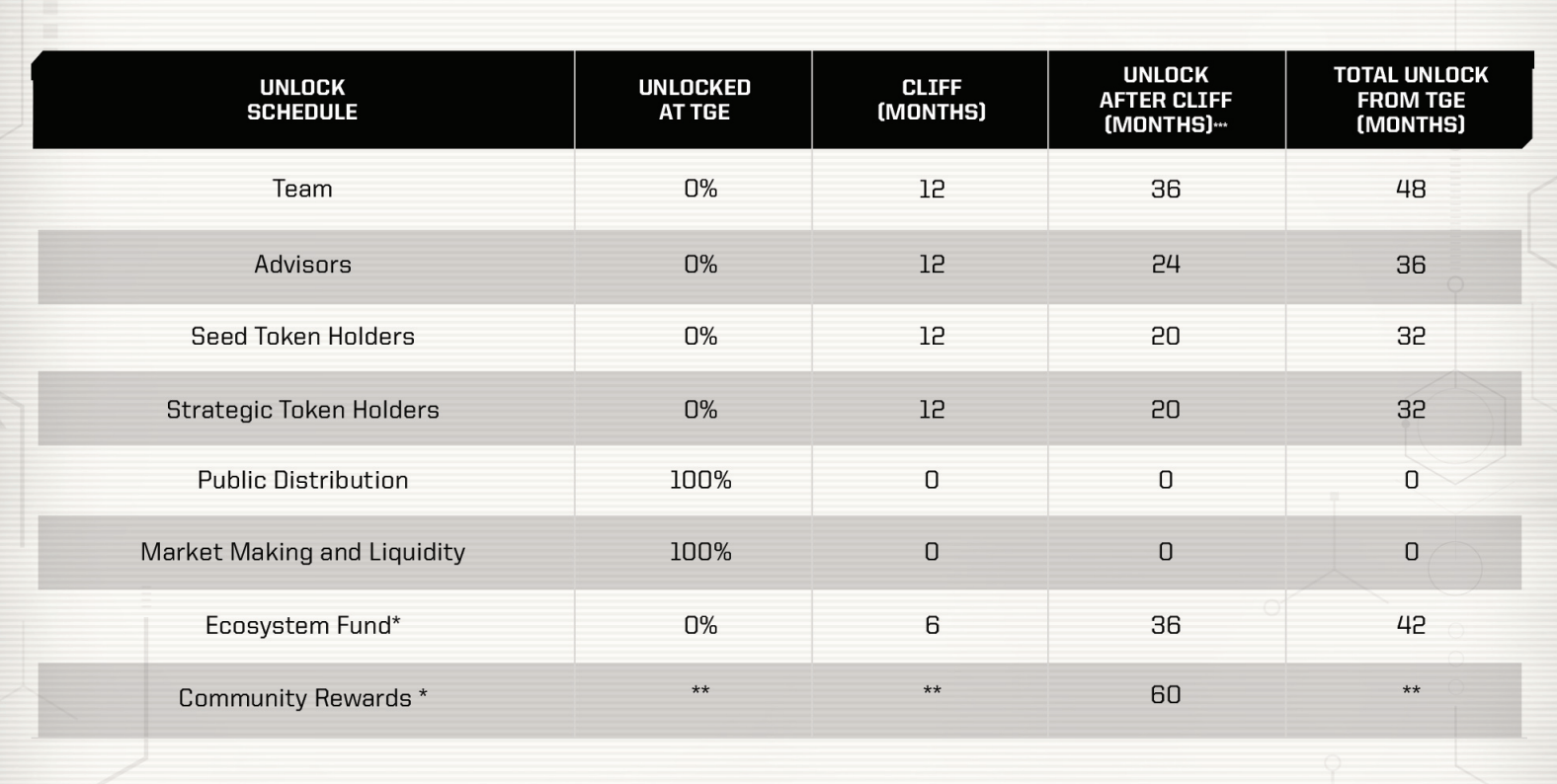The United States’ new tariffs, announced by President Donald Trump as part of his “Liberation Day” measures, have sparked a wave of retaliatory actions among major trading partners.
Vietnam was hit hard by the US move, with the Trump administration imposing a 46% duty on a range of its exports.
Prime Minister Pham Minh Chinh said the high rate was “not in line” with the good relationship between the two nations and ordered a task force to devise a quick response. “Remain calm and have proactive, timely and flexible measures to cope with the situation,” he instructed his team, according to a government website post.

The 46% duty comes as part of a series of “reciprocal” measures aimed at countries that the Trump administration considers the worst offenders based on the levies and non-tariff barriers imposed on US goods.
Senior economist Trinh Nguyen from Natixis in Hong Kong described the new tax as “devastating for Vietnam.” The measure not only threatens to damage the nation’s economy but also endangers future foreign investment.
Bloomberg reported US tariff, imposed on Vietnam’s largest export market, could significantly undermine the country’s ambitious goal of boosting economic growth to at least 8% this year. However, Prime Minister Chinh maintained that the growth target remained unchanged for now.
Vietnam’s benchmark VN Index closed 6.7% lower, marking the biggest one-day decline since September 2001, with about 70% of shares on the Ho Chi Minh Stock Exchange hitting the 7% daily limit.
A note from Citi Research warned that the tariff might not only challenge Vietnam’s economic growth but could also “structurally impact Vietnam’s FDI outlook” and dampen domestic confidence in the money market. Vietnam’s textile and apparel sector is among the hardest hit.
Japan urges for a change in policy
The Trump administration announced on Wednesday in Washington that Japan would be subject to a 24% across-the-board tariff starting next week. Just hours later, a previously announced 25% levy on all car imports went into effect.

Shigeru Ishiba, a senior member of the Japanese government, said, “It’s very disappointing that these measures were taken despite our requests,”. Ishiba added that if necessary, he would not hesitate to speak directly with President Trump to press for a change in policy.
Trade Minister Yoji Muto indicated that Tokyo might need to consider its options if the US moves violate World Trade Organization rules. Japanese Vice Foreign Minister Takehiro Funakoshi also protested the new tariffs during a meeting with Charge d’Affaires Joseph Young, the top official at the US embassy in Tokyo.
The Nomura Research Institute has estimated that the new tariffs may reduce Japan’s annual growth rate by 0.59 percentage points. Takeshi Minami, chief economist at the Norinchukin Research Institute, warned that the tariffs could shave Japan’s economic growth by around 0.5 percentage point or more.
The European Union, the US’s largest trading partner, has not remained silent
In a sharp rebuke, European Commission President Ursula von der Leyen called Trump’s tariff announcement “a major blow to the world economy” in a video address on Thursday.
Trump’s new measures include a 20% tariff on EU imports that will take effect on April 9. Von der Leyen stated that the EU was preparing for further countermeasures to protect its interests and businesses if negotiations failed.
The EU has announced a set of countermeasures amounting to up to €26 billion ($28.1 billion), which are expected to come into force in mid-April.
There is also talk among European countries, including France, of using the bloc’s anti-coercion instrument (ACI), its most powerful trade tool, to strike back if the US continues its aggressive stance.
EU trade ministers are scheduled to meet on April 7 to discuss both the US measures and the bloc’s response. Von der Leyen emphasized that a negotiated solution was the preferred route and that the commission was working on a “term sheet” outlining possible concessions to the US.
German Chancellor Olaf Scholz called Trump’s latest tariffs an “attack on a trade system that has created prosperity all round the world” during a news conference on Thursday.

Scholz asserted that if negotiations with the US fail, the European Union would respond proportionately. “The E.U. has the strongest internal market in the world with 450 million consumers, which gives us the strength to hold talks with the U.S. government to avert a trade war,” he said.
The Federation of German Industries urged the EU to strengthen alliances with other major trading partners and to coordinate a unified reaction. German Economy Minister Robert Habeck added, “For U.S. consumers, this will be Inflation Day, rather than Liberation Day,” highlighting the potential domestic impact in the US.
Economic Minister Carlos Cuerpo said on Wednesday that “The European Union has the necessary tools to respond to [Trump’s tariffs], and, of course, in this context, Europe will not be naive. We will always respond.”
In a further sign of its readiness, Spain’s Prime Minister Pedro Sánchez summoned industry leaders on Thursday to present his government’s response plan, underscoring the European commitment to counteracting the effects of the US measures.
Meanwhile, US Treasury Secretary Scott Bessent advised other countries not to retaliate, saying, “I wouldn’t try to retaliate. As long as you don’t retaliate, this is the high end of the number.”
The Thai government is bracing for a 36% reciprocal tariff imposed by the US.
Prime Minister Paetongtarn Shinawatra said on Thursday that her country was ready to address the impact of the new tariff. She noted that the ministries of finance and commerce would lead the effort to develop a strategy to help manufacturers and exporters cope with the increased costs.
Thailand’s trade surplus with the US totaled $45 billion last year. In response to the tariff threat, the Thai government had already adopted a wait-and-see approach and pledged to increase imports of energy and food products in an effort to reduce the trade surplus.
Key exports such as electronics, semiconductor components, air conditioners, and rubber tires could see a significant impact.
Independent analyst Santitarn Sathirathai, a member of the Bank of Thailand’s Monetary Policy Committee, described the situation as a “global trade earthquake” that would have an immediate negative effect on the economy and investment.
Thai stocks and the national currency slumped on news of the 36% duty, reflecting concerns over the nation’s growth prospects. With merchandise exports amounting to nearly two-thirds of Thailand’s gross domestic product—about $520 billion—economic uncertainty looms large.
Thai Chamber of Commerce Chairman Poj Aramwattananont remarked, “Don’t panic as other countries are also facing higher tariffs. The US will also have some impact from this as they still can’t produce to replace the imports fast enough.”
His comment reflects a broader concern that prolonged uncertainty could force businesses worldwide to pause and reassess their plans, further dampening economic activity.
Australia no longer considers US a friend, while Brazil passed a retaliatory bill
Australian Prime Minister Anthony Albanese, speaking in Melbourne on Thursday, stated that Trump’s tariffs “have no basis in logic, and they go against the basis” of the longstanding diplomatic alliance between Australia and the United States. “This is not the act of a friend,” Albanese said.
Brazil faced a 10% tariff on its goods. The country has passed a reciprocity bill on Wednesday to allow it to retaliate against tariffs imposed on Brazilian exports by any country or trade bloc.
Brazil’s Foreign Ministry issued a statement saying, “The new measure, like the tariffs already imposed on the steel, aluminum, and automobile sectors, violates the United States’ commitments to the World Trade Organization and will impact all Brazilian exports of goods to the United States.”
President Luiz Inácio Lula da Silva has indicated that Brazil is considering an appeal to the World Trade Organization over Trump’s steel tariffs, signaling a willingness to use international legal channels to defend its national interests.
Colombia’s reaction came through a social media post by President Gustavo Petro on Thursday.
Hoy el neoliberalismo que proclamaba una política librecambista en todo el globo ha muerto.
Quienes se amarran desde la oposición a esta ideología extrema deben saber que se amarran a un cadáver.
En el tema arancelario, hemos dicho que no se puede tener una actitud… https://t.co/DlKCXt4aG4
— Gustavo Petro (@petrogustavo) April 2, 2025
In his message on X, he declared, “Today, neoliberalism, which proclaimed a free trade policy across the globe, is dead.” Petro went on to suggest that the US government now believes that raising tariffs on its imports can increase domestic production, wealth, and employment, a move he described as a potential big mistake.
Cryptopolitan Academy: Coming Soon – A New Way to Earn Passive Income with DeFi in 2025. Learn More
News – Cryptopolitan – Read More










